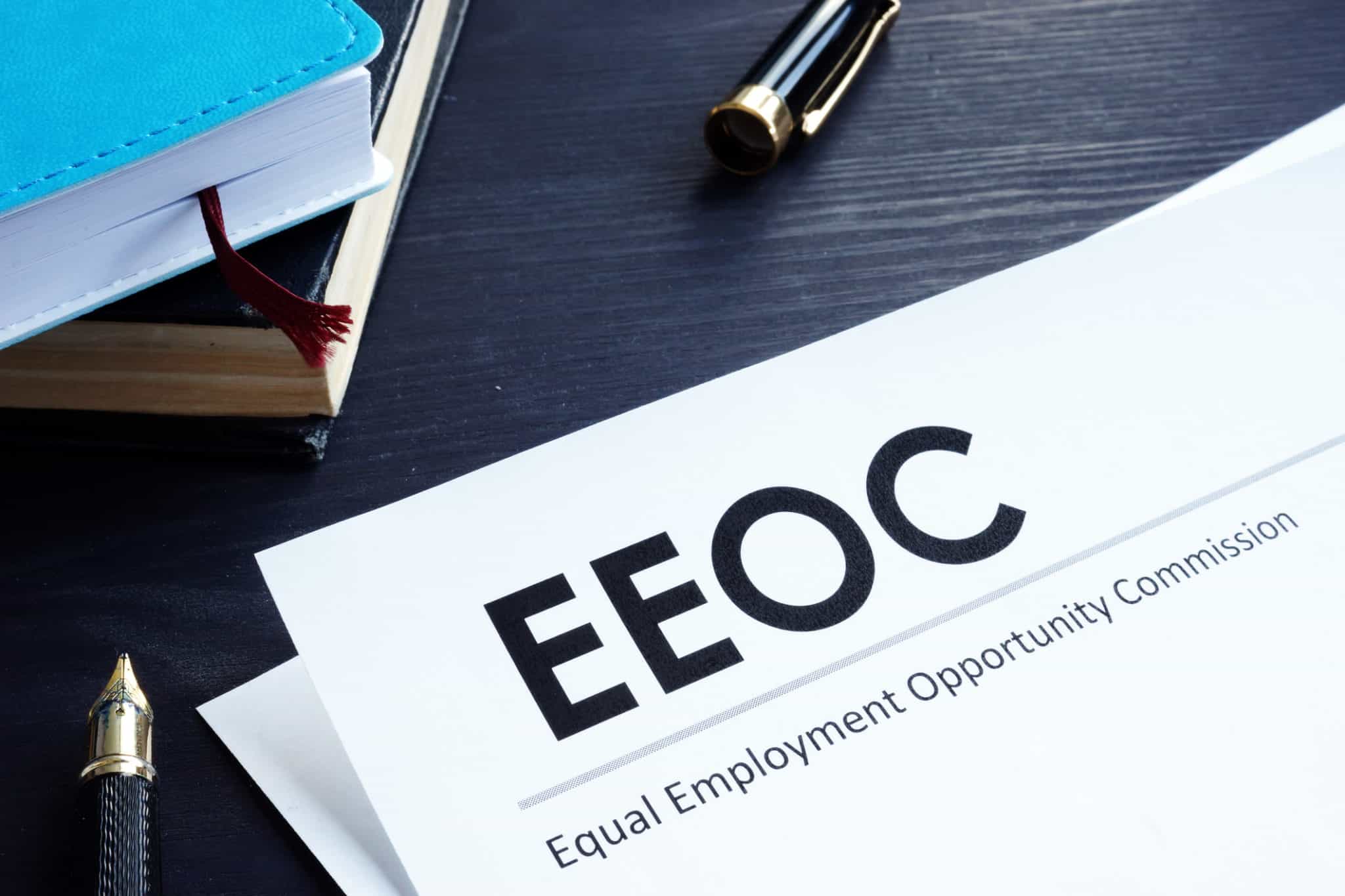William Greenlaw is a student at Harvard Law School.
The Equal Employment Opportunity Commission plans to wage a multi-year, “multi-agency effort to combat worker misclassification,” according to its Fiscal Year 2022 White House budget proposal. Part of its proposal would specifically target racial disparities, focusing on “racial justice and systemic discrimination, pay equity, and the civil rights impact of the pandemic.” It also plans to strengthen and build back up the agency “to ensure it has the resources needed to effectively enforce the law.” Though the EEOC cannot define through regulation who an employee is under Title VII, it can advocate for workers through strategic litigation. Such litigation is particularly important because “where misclassification happens the most often doesn’t overlap with which industries end up in court,” according to Georgia State University Associate Law Professor Charlotte Alexander. Instead, better paid workers are more likely to litigate while victims of more severe systemic discrimination have the greatest need but also the least means to do so. The EEOC thus joins other federal agencies, including the Department of Labor, who similarly said they are committed to “ending the abusive practice of misclassifying employees as independent contractors, which deprives these workers of critical protections and benefits.” The budget proposal plans to invest $1.5 billion into the EEOC’s work over the next ten years.
Telecommunications giant T-Mobile recently had a $2 million class action settlement approved by a federal court in the Western District of Washington to pay call center workers. The workers alleged they were improperly denied overtime pay when T-Mobile failed to compensate them for time they spent booting up computers, troubleshooting technical issues while doing so, and syncing their computers after returning from breaks. The suit was originally filed under the Fair Labor Standards act, and a settlement notice was sent to about 18,000 workers, covering those who worked as customer service representatives at a Legacy T-Mobile call center. T-Mobile has not admitted to liability in its settlement. The case is Chetwood v. T-Mobile USA Inc., 2021 BL 202968, W.D. Wash., No. 2:19-cv-00458.
As the coronavirus pandemic in the United States come to a close, many workers have a strong concern that employers are lifting mask mandates far too early. Since the CDC announcement allowing more opportunities to go maskless in public, large employers, such as Kroger, CVS, and Target, have begun allowing customers to enter their places of business without a mask. This has led to the predictable result of fewer masks being worn in stores, a practice that makes many employees feel at-risk for infecting themselves or potentially vulnerable family members. Though in many liberal areas, patrons often continue to wear masks regardless of changes in store policy, in politically mixed and conservative areas, masks have more often come down. Employees at establishment such as the outdoors-store REI have been concerned that the change in store policy was too abrupt. For this reason, former OSHA head David Michaels emphasized the importance of federal safety standards that the government could enforce but has not.
The International Labor Organization warned that global employment levels may take years to return to prepandemic levels. Globally, the COVID-19 pandemic wiped out 114 million jobs last year, which includes 30 million jobs that would have been created otherwise. The effect of the virus has been estimated as four times as negatively impactful on workers’ jobs and incomes as the last financial crisis. The organization warns that though growth in jobs will continue in 2021, it will be “uneven” and insufficient to replace the jobs that came before, at least until 2023.






Daily News & Commentary
Start your day with our roundup of the latest labor developments. See all
July 7
LA economy deals with fallout from ICE raids; a new appeal challenges the NCAA antitrust settlement; and the EPA places dissenting employees on leave.
July 6
Municipal workers in Philadelphia continue to strike; Zohran Mamdani collects union endorsements; UFCW grocery workers in California and Colorado reach tentative agreements.
July 4
The DOL scraps a Biden-era proposed rule to end subminimum wages for disabled workers; millions will lose access to Medicaid and SNAP due to new proof of work requirements; and states step up in the noncompete policy space.
July 3
California compromises with unions on housing; 11th Circuit rules against transgender teacher; Harvard removes hundreds from grad student union.
July 2
Block, Nanda, and Nayak argue that the NLRA is under attack, harming democracy; the EEOC files a motion to dismiss a lawsuit brought by former EEOC Commissioner Jocelyn Samuels; and SEIU Local 1000 strikes an agreement with the State of California to delay the state's return-to-office executive order for state workers.
July 1
In today’s news and commentary, the Department of Labor proposes to roll back minimum wage and overtime protections for home care workers, a federal judge dismissed a lawsuit by public defenders over a union’s Gaza statements, and Philadelphia’s largest municipal union is on strike for first time in nearly 40 years. On Monday, the U.S. […]